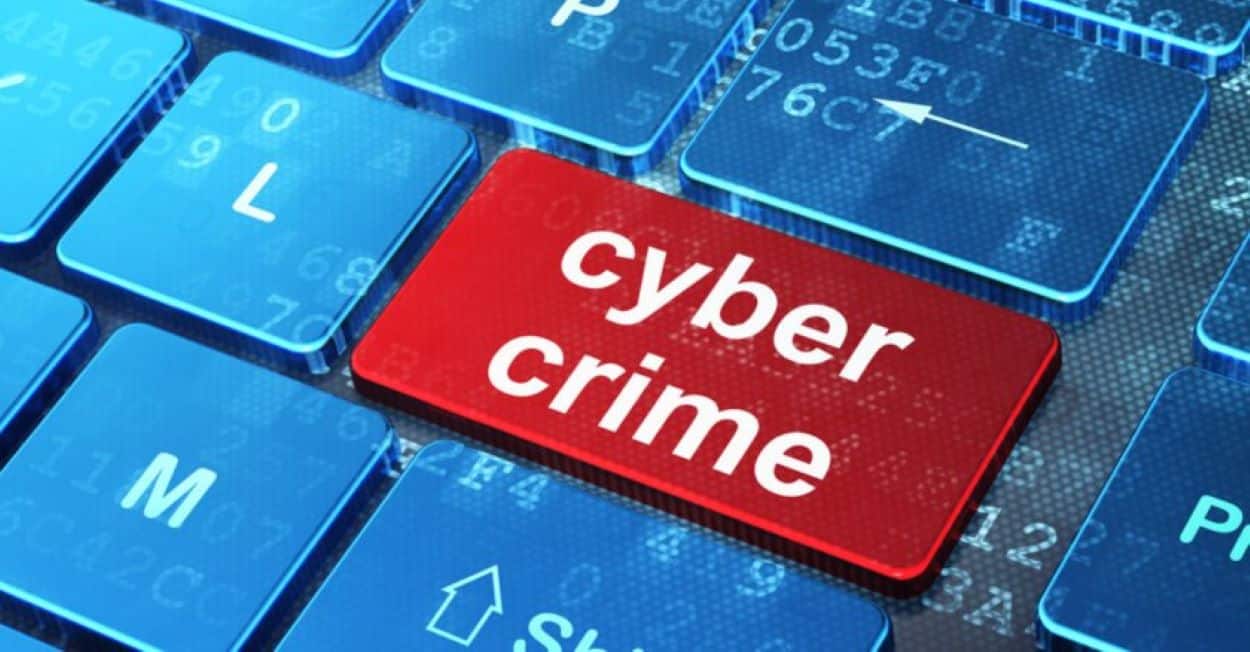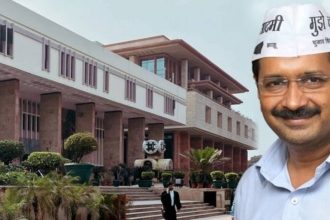The federal government has proposed a five-year jail term or a Rs1 million fine for anyone deliberately spreading fake news.
The revisions to the Prevention of Electronic Crimes Act, 2016 (PECA), include setting up a Digital Rights Protection Authority (DRPA). This body will have broad powers to block or delete online content threatening public safety or state interests.
The proposed changes will impose severe penalties for spreading false information online, inciting fear, or disrupting peace.
The DRPA will be authorized to block or remove content attacking law enforcement, state institutions, or individuals. It will also oversee content promoting religious or ethnic hatred, terrorism, or violence against the state.
The authority will also target content that includes threats, false accusations, or pornography. Its decisions can be appealed in a tribunal, providing a check on its powers.
These amendments come as Prime Minister Shehbaz Sharif’s government repeatedly criticizes the misuse of social media for spreading fake news that harms national interests.
Pakistan has also faced sporadic internet disruptions and conducted tests on an internet firewall, which have impacted digital platforms and slowed internet speeds.
Information Minister Attaullah Tarar recently accused the opposition party PTI of using artificial intelligence to create fake images and circulate old photos on social media to mislead the public.
A viral video appeared to show a man being mistreated during a recent PTI protest in Islamabad. Tarar clarified that the man was making a TikTok video and confirmed his safety.






